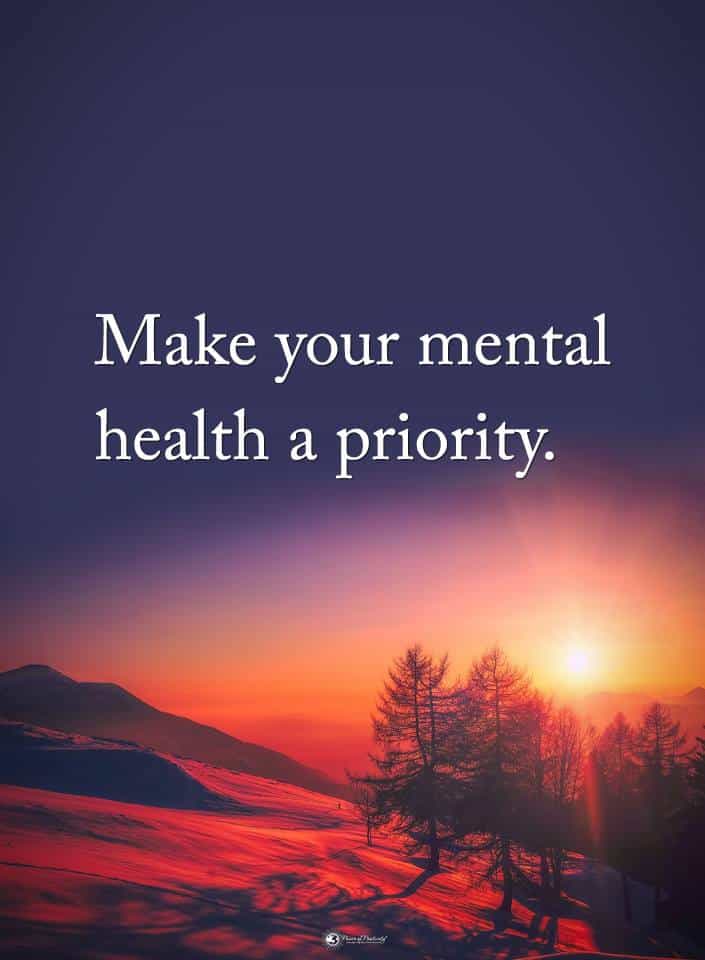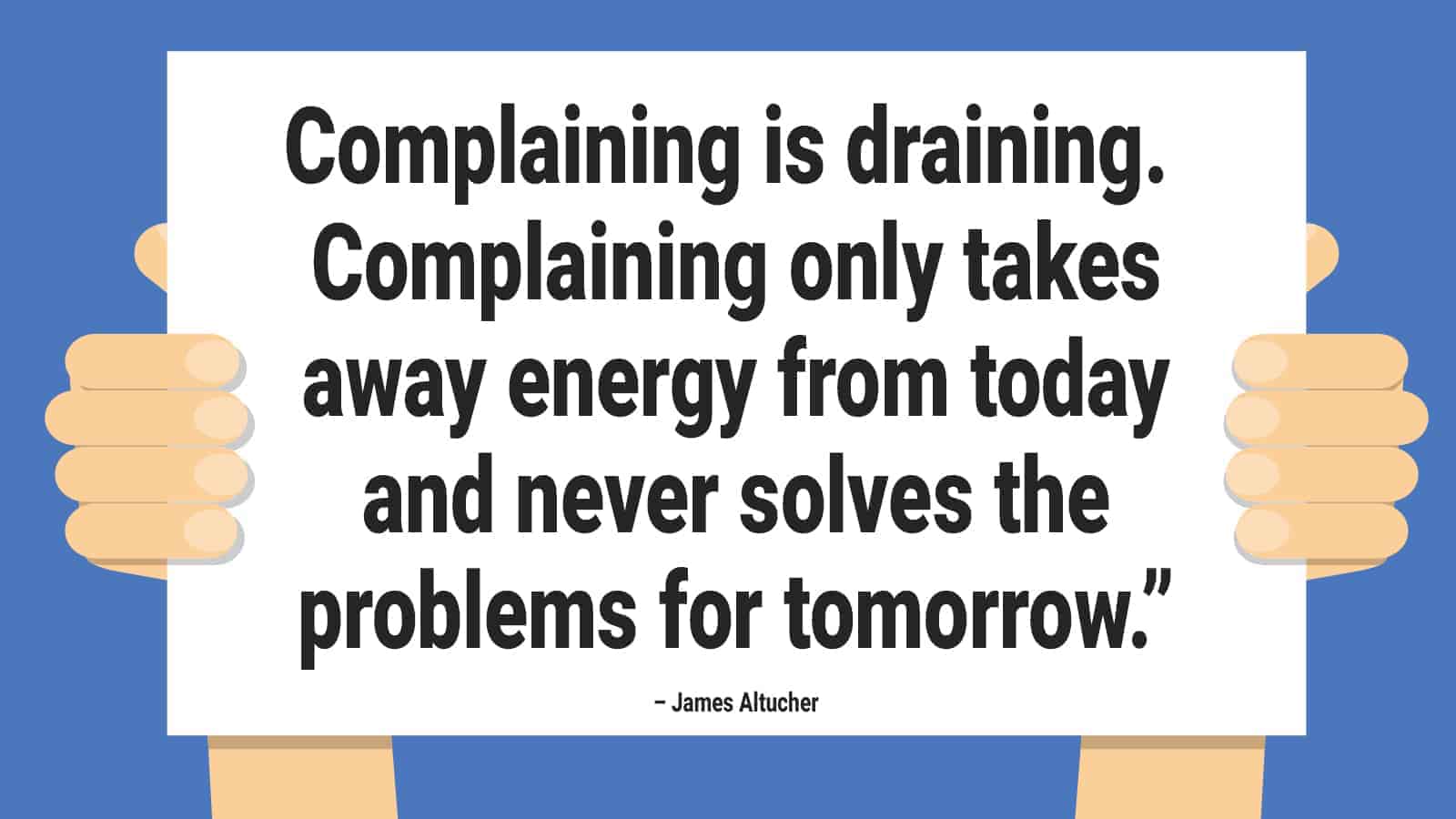In a perfect world, the move to destigmatize mental health would be met with open arms. However, many people still have an old-fashioned mindset that someone who experiences mental health issues is weak.
In fact, one in five adults in this country will experience a severe mental health crisis this year, according to the National Library of Medicine.
With such overwhelming odds, why do people still want to stigmatize something so prevalent? Americans are overworked and underpaid, which adds undue stress to an already chaotic life. Not only must you work 40 or more hours a week to make it, but you have a household, family, and other responsibilities.
Unless you’re a superhero, it’s challenging to get done all you need to and still have time for self-care. When’s the last time you had an hour to yourself to read a book, take a bubble bath, or watch a good movie with friends? Part of this is the reason why mental health issues are on the increase.
Your mind is like a computer. Have you ever had five web pages open, music is coming from somewhere, and the computer is spinning and not loading? Your brain can only take so many commands at once. When you’re going in 100 different directions, it’s not long before it will crash.
So, people all over the country are well aware of the stress and pressure, yet they still stigmatize those who have been strong for way too long. It’s time to destigmatize mental health and encourage folks to seek the help they need.
Ten Ways to Destigmatize Mental Health Challenges
 For de-stigmatization to occur, everyone must do their part. You may feel that your voice won’t matter amongst the masses, but it takes one person to stand up to make a difference. Remember the old parable about the man who was walking on the beach exercising?
For de-stigmatization to occur, everyone must do their part. You may feel that your voice won’t matter amongst the masses, but it takes one person to stand up to make a difference. Remember the old parable about the man who was walking on the beach exercising?
He came to a particular area, and thousands of starfish had washed up on the shore with the rising tide. An avid nature lover, the man began to throw them back one by one. Another man came to this area and saw what he was doing.
The onlooker was intrigued but thought his actions were foolish. As he watched the man tirelessly throw them back, he asked him why he was wasting his time as there’s no way he could make an impact. The man told him that they would all die if he didn’t get them back into the ocean before the sun rose.
The man continued throwing them in the ocean. The onlooker shook his head and told him that it didn’t matter anyway. The old man turned to the onlooker and said, “It mattered to this one?”
The moral of this parable is that what you do might make a difference to only one person, but if even just one person is affected, then it counts for something. Here are some reasons why you should fight to destigmatize mental health.
1. Promote Fairness Among Physical and Mental Illnesses
A lady pulls up to the grocery store and parks in the accessible parking spot. She gets out of the car and walks freely into the store. She’s stopped by an older gentleman who tells her she should be ashamed of herself for parking in a spot she doesn’t need.
The lady tells him that she has a disability. The man laughed and said that she looked perfectly fine. See, the woman has crippling anxiety, and if she walks very far, she loses her breath.
It’s a miracle she can even go to the grocery store with her social anxiety being so bad, let alone being criticized by another consumer. Now, the reality is that the man wouldn’t have said a word if she used a wheelchair or walked with a limp. However, because he couldn’t see anything wrong with her, he jumped to conclusions.
He wouldn’t dare ask someone with an oxygen machine why they used the handicapped spot, so why was it so different for her? Be kind and compassionate towards others, as you never know the battles they face.
2. Don’t Embrace Self-Stigma
If it isn’t bad enough that the world can be down on you, you can also be down on yourself. You don’t have to hide in shame because you have special needs, as you can still be a productive member of society. It’s possible to live a purpose-driven life even while dealing with mental health issues.
3. Be Mindful of Problematic Language
One way you can make a dramatic impact is by changing your language. Older terms have now become very derogatory and hurtful to someone in this situation. Saying things like “nuts,” “crazy,” “psycho,” and “looney” are very insensitive.
Don’t use any adjectives to describe folks who have a mental health issue. It’s cruel and no different than any other type of discrimination. It’s hurtful, and it must stop!
4. Ask Others to Help Your Efforts to Destigmatize Mental Health Conditions and Illnesses
One way to destigmatize mental health is to call others out when they’re inappropriate. If you hear someone at work using derogatory terms and acting insensitive, you have the right to call them out for their words.
Additionally, suppose you see people on social media, television, or other outlets using discriminatory remarks. In that case, you have a right to stand up for the right to equal treatment for all.
 5. Teach Yourself and Others About
5. Teach Yourself and Others About
Educating folks on mental health issues can help to take away some of the stigmas. For instance, knowing statistics, stories of others, and engaging in good conversation can help normalize these problems. The Depression and Bipolar Support Alliance estimates that there are 5.7 million people in this country with bipolar disorder, so isn’t it time to talk more freely about it rather than judging?
6. Select Empowerment Over Humiliation
You can fight the stigmas by living a life empowered for change. What empowerment means to each person is different, but generally, it’s about owning your life and story.
No matter what hand you’ve been dealt, you can refuse to let the illness define you. Additionally, the opinions of others should never dictate how you feel about yourself either.
7. Show Compassion for Yourself and Others
Being kind and compassionate for others is one of the best things you can do. It shows you’re a human being with needs and issues too. Rather than casting judgment, use understanding. Listen to people as they talk about their struggle with mental and physical problems.
One day, the sting of mental illness may encompass your life, and you will need support. The Universe will repay your kindness by allowing someone to be there for you.
Don’t beat yourself up if you struggle with anxiety, depression, or other mental health concerns. There’s nothing you can do to avoid it, and you’re going to get through it.
8. Talk Freely About Your Mental Health Struggles
One way to fight the stigma is to discuss your mental health struggles freely. There’s scarcely a person who hasn’t been touched by depression or anxiety at some point in their life.
Being open and honest about it helps to take away some of the shocks from it. Many people will relate to your issues, whether they are willing to admit it is another story.
9. Be Honest About Treatment
It’s okay to see a therapist, a psychiatrist, and any other professional who can help you with your needs. Additionally, being open about seeking treatment can allow others to talk about it without the fear of being judged.
10. Support Organizations That Help to Destigmatize Mental Health Concerns
There are so many organizations that have made a stand towards mental health, and these are the companies you should support. Some of the biggest sponsors are:
- National Institute of Mental Health
- World Health Organization (WHO)
- Connect With Mental Health Treatment
Share blog posts from these companies and stories on your social media and encourage others to research their sites. The valuable information these companies provide can help so many.
 Final Thoughts on Ways to Destigmatize Mental Health Challenges
Final Thoughts on Ways to Destigmatize Mental Health Challenges
While things have certainly evolved over the past thirty years in the mental health industry, much work is left to be done. You must help destigmatize mental health so that people will feel free to seek treatment for the problems that plague them.
Did you know that about 70 percent of those who suffer from mental ailments don’t seek help because they’re afraid or believe the stigmas? The National Library of Medicine shows statistics from studies conducted around the country, and the numbers are alarming. Even delaying treatment can be troublesome, especially when hope and help are available and people can find relief.
The change will come when you stand up and be the voice of reason. Remember, you might not have the ability to change the masses, but you can make a difference to just one person who listens.

 1. The Road of Success Has Small Steps
1. The Road of Success Has Small Steps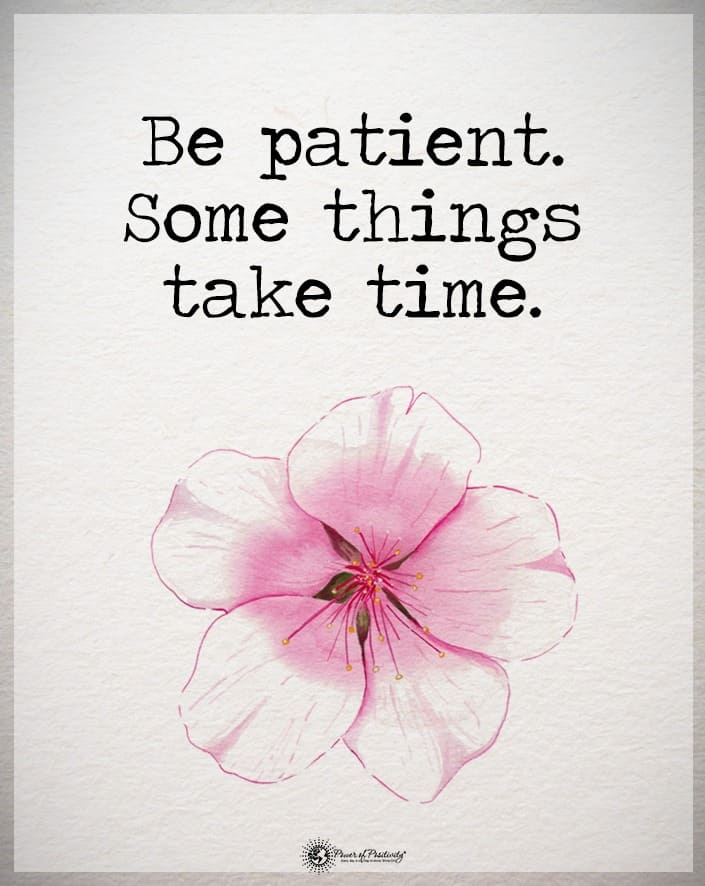 5. Small Victories Cultivate New Habits
5. Small Victories Cultivate New Habits Final Thoughts on Setting Small Goals for Success
Final Thoughts on Setting Small Goals for Success · They Project
· They Project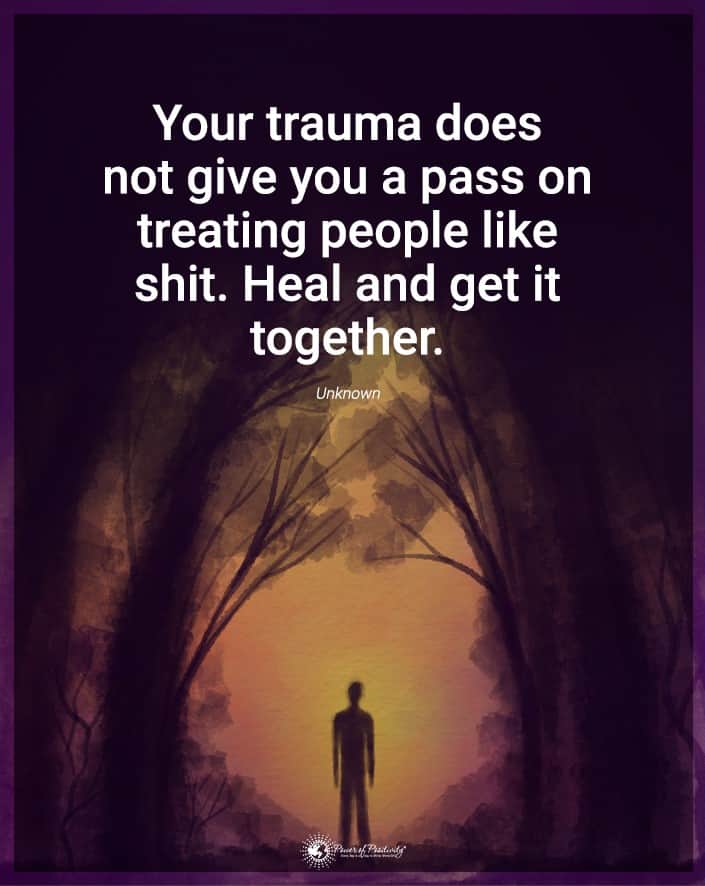 · They’re Critical and Judgemental
· They’re Critical and Judgemental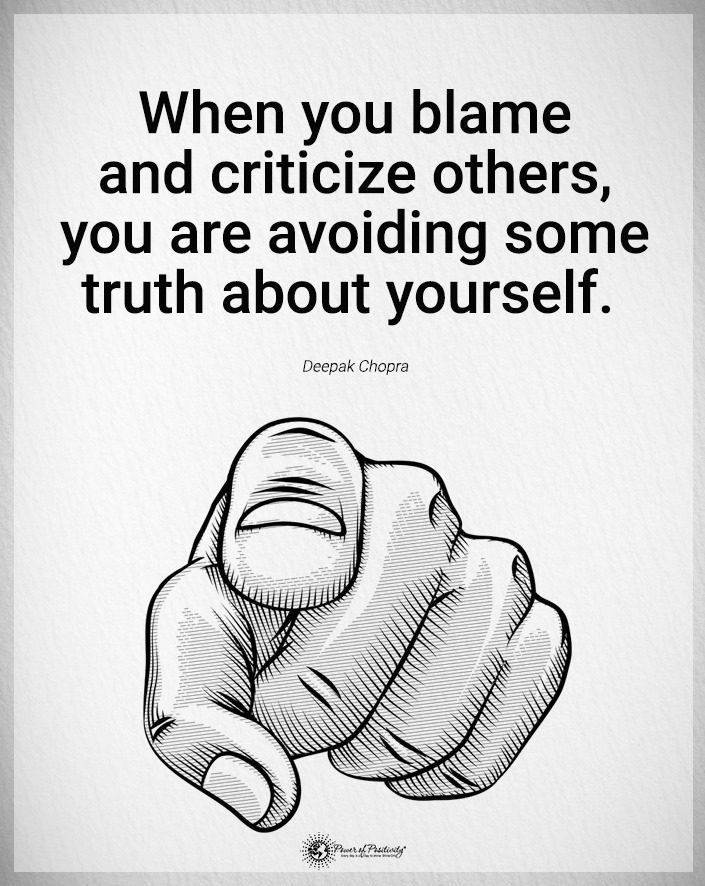 Final Thoughts On Some Ways To Spot Toxic People And Escape Their Manipulation Tactics
Final Thoughts On Some Ways To Spot Toxic People And Escape Their Manipulation Tactics Are You Prone to Controlling Everything By Nature?
Are You Prone to Controlling Everything By Nature? 2. Controlling Everything Decreases Self-Acceptance
2. Controlling Everything Decreases Self-Acceptance Final Thoughts On How To Stop Controlling Everything And Focus On Change
Final Thoughts On How To Stop Controlling Everything And Focus On Change